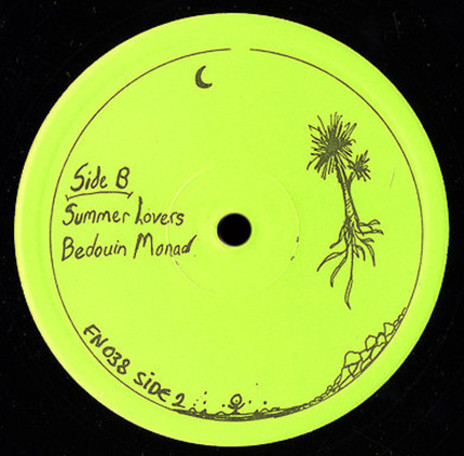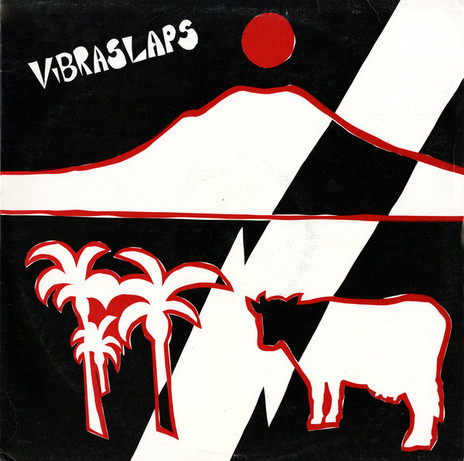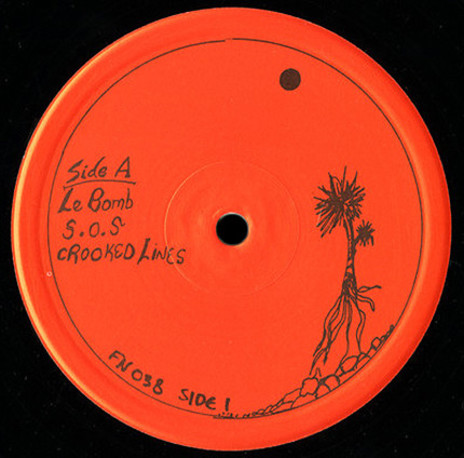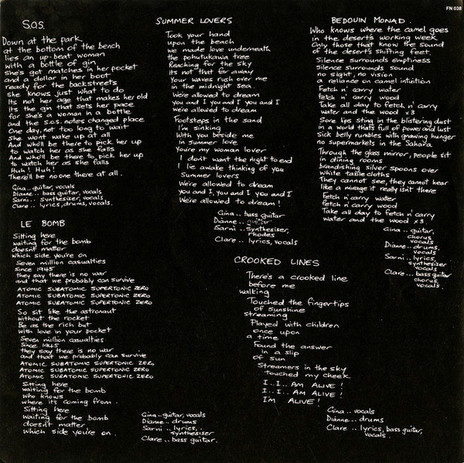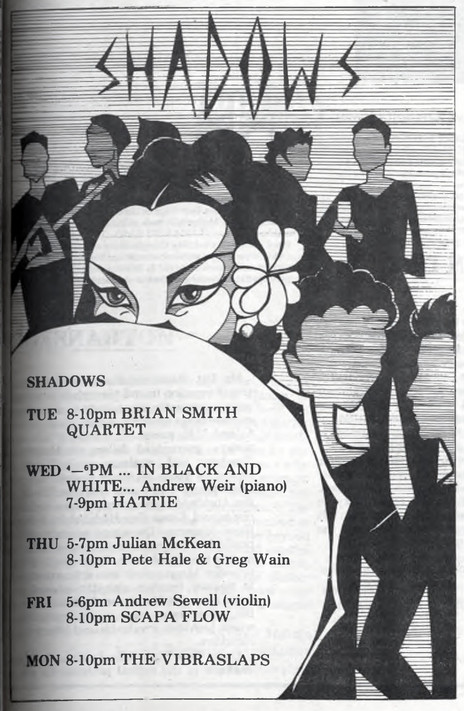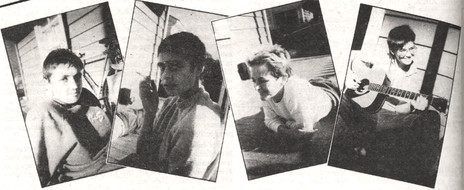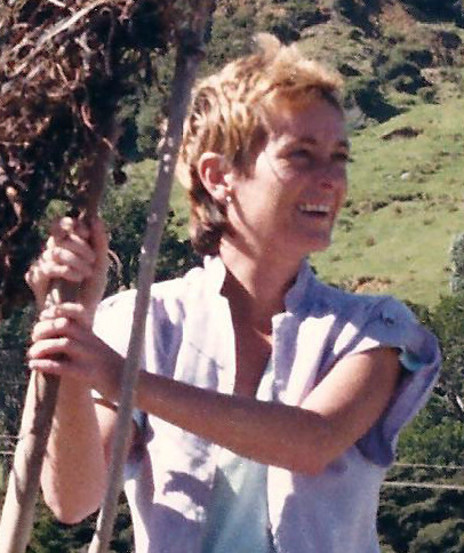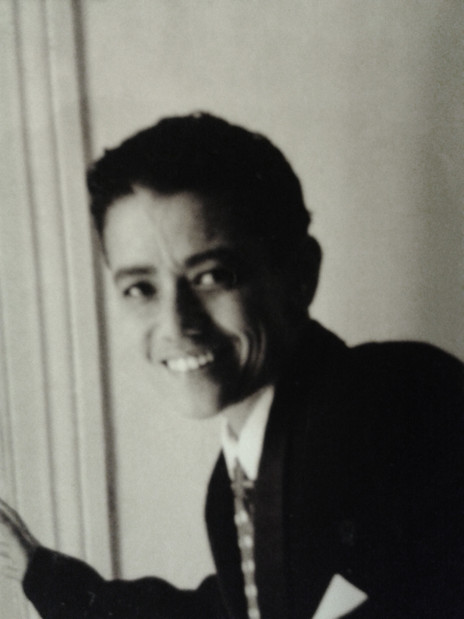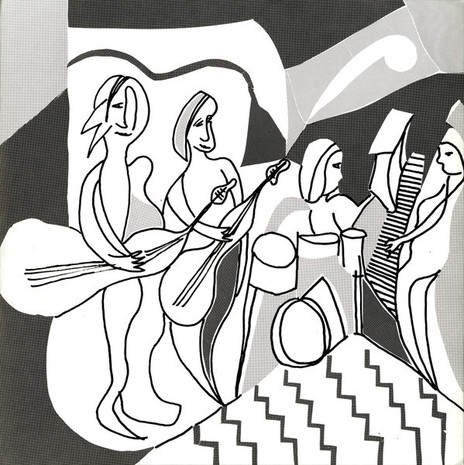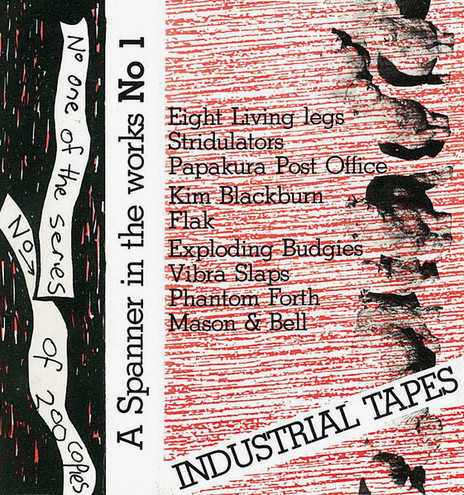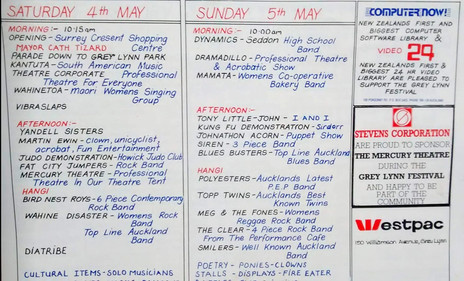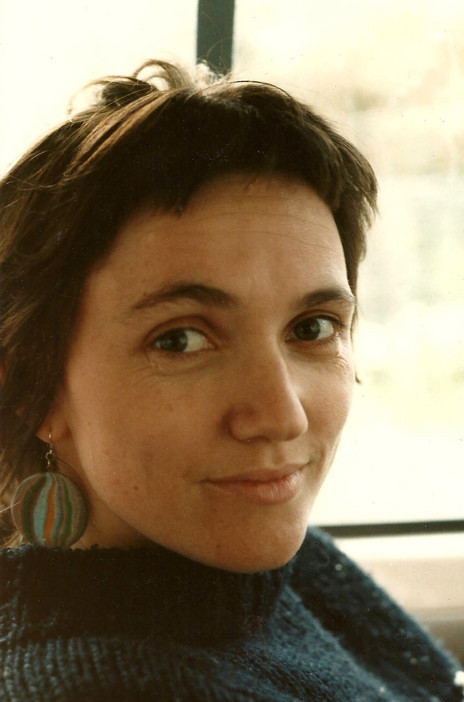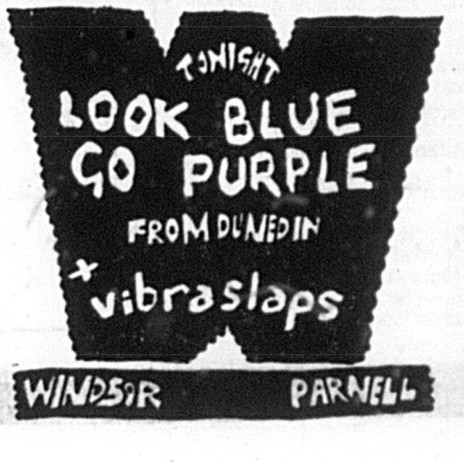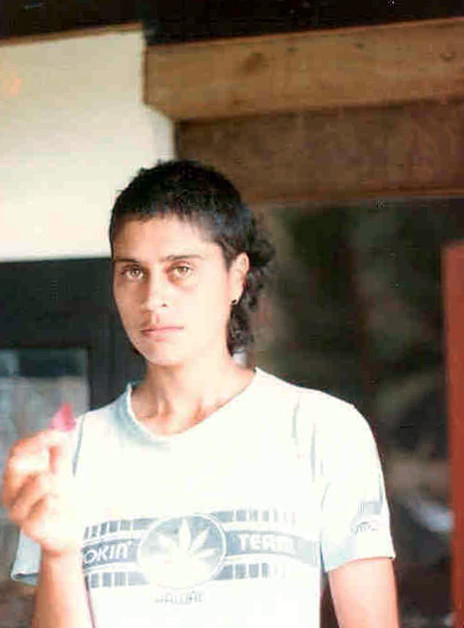From the outset, the trio stressed that having a group where it was just women creating music together was central to what Vibraslaps was about.
“I feel that women’s energy is a lot easier to be around,” said O’Leary in one of the band’s first interviews in student paper Craccum. “It’s harder for women to participate and be supported in a band amongst men. I think it’s a lot freer for creativity and confidence because of that different dynamic.”
In a separate issue of the student paper a small article appeared offering a declaration from the group outlining what their mission was:
“Bringing the strength of women together and letting it all out through music, voice, guitar, drums, saxophone and synthesizer, blowing waves through the frequencies that haven’t been touched quite like this ... opening ears, eyes and the atmosphere to electric women’s music, different, listening, laughing, longings ...”
The new trio’s debut performance came at Mainstreet, opening for The Topp Twins and Marie & the Atom; a band fronted by Dianne Civil’s sister Gill. They then appeared several times at university venue Shadows during 1984. Not long after, Donna Savage left the group and was replaced by Gina Cole.
THE MUSICIANS HAD A PENCHANT FOR INTERCHANGING INSTRUMENTS DURING GIGS
The new line-up made its recording debut with two songs on Industrial Tapes’ A Spanner in the Works compilation, released in June 1984. ‘Sylvia’, the first track, was about Sylvia Plath’s suicide. ‘Waitangi Women’ was written in support of the Māori Women’s Welfare League for Te Hīkoi Ki Waitangi, a march to protest Waitangi Day celebrations that year.
Later in 1984, the band helped organise the Women’s Performance Festival, a week-long celebration of drama, dance, poetry, art and music at the Performance Café in Upper Symonds Street. Radio With Pictures filmed the festivities and later aired performances by seven all-female acts, including Mahinaarangi Tocker, Sandra Bell, Marie & the Atom, and Vibraslaps doing ‘Le Bomb’.
As the O’Leary, Cole and Civil line-up started to gel, the trio had a penchant for interchanging instruments during gigs. Clare O’Leary played saxophone, bass guitar and drums, Dianne Civil played drums, acoustic guitar and bass, while Gina Cole played electric guitar and the vibraslap. Later, they expanded to add Sarni Darragh on keyboards and percussion.
The band’s overall sound was minimal and raw, relying heavily on percussion and keyboards. All four contributed vocals on most songs, but O’Leary was the principal songwriter. “I’d written poetry for years and have been doing public readings,” she said. “I guess I was just intrigued by the concept of using a different medium to get my poetry and words out.”
Many of the lyrics had a subtle sociopolitical edge, touching on everything from the nuclear-free New Zealand movement (‘Le Bomb’) and sexuality (‘Summer Lovers’) to substance abuse (‘S.O.S.’).
Vibraslaps eventually came into the orbit of Flying Nun via Chris Knox. He had seen the band play around Auckland and was keen to release them. In early 1985, the band secured a QEII Arts Council grant to record their debut, which provided the initial funds to get the project started. Flying Nun then agreed to pay 50 percent of the recording and production costs.
Instead of heading to tried-and-true options like Progressive or Last Laugh (where they had recorded some two-track demos), the band chose the remote Aerial Railway studio on a hippie commune. Located more than three hours’ drive from Auckland on the Coromandel Peninsula, Aerial Railway allowed the band to escape to the countryside for a week in April 1985 to relax and record with friends.
“We heard through a friend of Sarni's about a recording studio in the Coromandel,” recalled Dianne Civil. “The idea of being in the country for a week recording really appealed to us. We contacted them and travelled there with a few friends and stayed there for seven days. Jim Worth was the audio engineer ... and he was great to work with, available any time, night or day, over the seven days to record the music whenever we wanted to.” Worth and the band ended up polishing off five songs over their seven days.
IN 2016 THE BAND DISCOVERED A TAPE OF EARLY RECORDINGS DONE AT LAST LAUGH IN 1983
Five months later, Vibraslaps’ self-titled debut was released by Flying Nun in a pressing of 500 copies. Unusually for a Flying Nun release, it failed to earn much notice in the press. Tony Green gave it some space in The Press though, and found the “uncompromising lyrics ... hard to get into”, though he called ‘Summer Lovers’ a “dreamy love song”.
Not long after, the band split. Members of the group decided to go travelling and they slowly drifted apart. Their Flying Nun EP would be their only release during their brief existence.
However, in 2016 the band discovered a cassette tape of their early recordings done at Last Laugh in 1983. Eight two-track songs were posted on Bandcamp with the title The Lost Tapes. ‘Cold Cold Air’ off that collection then appeared in the documentary Fiona Clark: Unafraid.
In early 2018 the group reunited to play some gigs together with Dons Savage returning to the line-up, joining the bill at the Women’s Music 80s Reunion Concert alongside the Topps Twins, Cassandra’s Ears and others.
--
An expanded version of the Vibraslaps profile published in Matthew Goody’s book Needles and Plastic, a history of Flying Nun Records told through its record releases from 1981-1988 (Auckland University Press, 2022).
